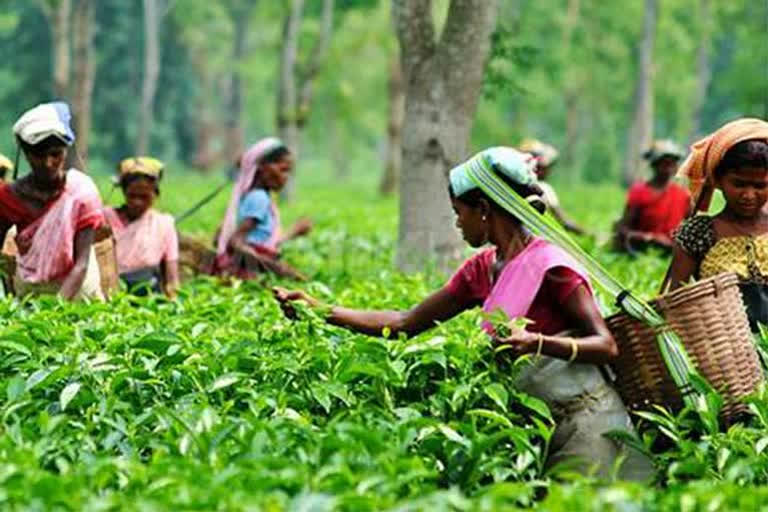Hyderabad: There is good news for your morning cuppa. Tea from West Bengal, especially from the region of Darjeeling, is steadily getting organic. Reduction on use of pesticides and insecticides is the new mantra in the hills and the Terai region.
Allaying the concerns of several tea auctioneers on use of pesticides in tea gardens of the state, things are changing fast and with intent. Before being packed and sent to the market for consumption, be it for the export market or domestic use, tea leaves go through a series of processing.
During the plantation process in the gardens, which dot the entire Darjeeling Hills of West Bengal and the Terai region comprising the districts of Jalpaiguri, Alipurduar, Cooch Behar and parts of Uttar Dinajpur, planters face serious threats from pests and mites. The only saviour is heavy rains, which again, is counterproductive for a good crop.
Tea garden managers like Bhaskar Chakrabarti of the Sukna Tea Garden say Looper Caterpillars are the most common pests of the tea crop in West Bengal. Closely follow Green Flies. Other than these, Red Spots on tea leaves are a major concern for planters.
“Several species of Thrips infest tea and cause heavy damage by feeding on the buds, tender leaves and older tea under plucking. The tea Thrips is a major pest and in India, Thrips cause considerable loss in tipping fields recovering from pruning. We have to deal with them, but under strict guidelines on use of pesticides,” says Chakrabarti.
Sandip Ghosh, manager of Dagapur tea garden in the Terai region shares Chakrabarti's opinion.
“Though some small gardens had the tendency of overusing pesticides, it never happens in big gardens. And these days, even the small gardens have come to know that overuse of pesticides will only lead to cancelation of tea batches and consignments. Nobody will consider tea grown after an overdose of pesticides,” he said.
READ:Haryana, Punjab farmers in a quandary over pesticide ban
The Tea Board of India, the apex organisation under the Union Commerce Ministry has strict guidelines regarding use of pesticides in tea plantation. The Board had teamed up with the Tea Research Institutes (TRIs) in India, Tea Research Association (TRA) for North East India and UPASI Tea Research Foundation (TRF) for South India to formulate a comprehensive tea Plant Protection Code.
The Code complies with food safety standards as stipulated by FSSAI (Food Safety & Standards Authority of India ) and the Plant Protection Formulations (PPFs) recommended for usage were cleared by the Registration Committee of Central Insecticides Board (CIB) formed under the Insecticide Act, 1968, which has the responsibility to check the data requirement of new pesticides and to ensure that pesticides allowed for use will not leave excessive residues on food commodities above the permitted limits.
